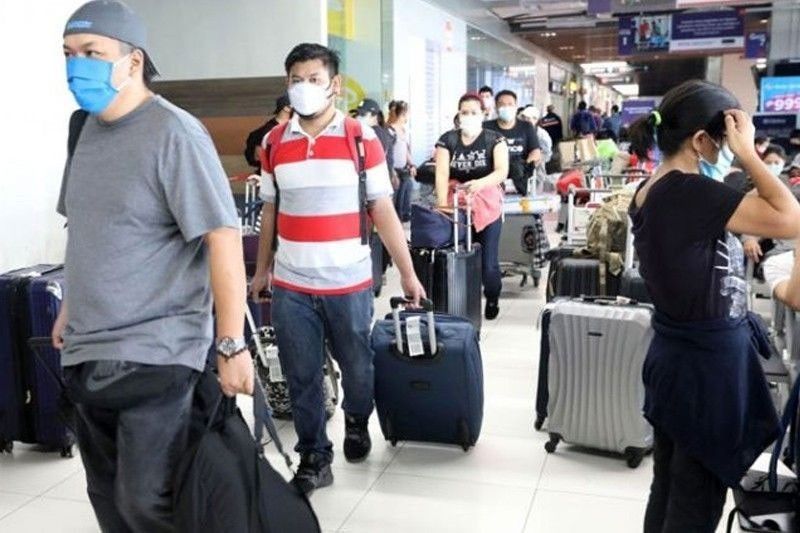Government urged to include OFWs in social protection package

MANILA, Philippines — The government needs to ramp up its efforts in including more Filipino migrant workers in social protection schemes after the pandemic showed how many overseas laborers were left vulnerable.
In a webinar organized by state-run think tank Philippine Institute for Development Studies (PIDS), the Center for Migrant Advocacy-Philippines said overseas Filipino workers (OFWs) should be given access to social protection even in their countries of destination.
CMA executive director Ellene Sana said there are a lot of exclusions in terms of access to social protection for OFWs, especially in the countries of destination.
To address this, Sana emphasized that the government should proactively negotiate for social protection measures that include migrant domestic workers in the bilateral labor agreements.
“There should be proactive monitoring of private recruitment agencies and employers to ensure they comply with the social protection provisions in the employment contracts,” Sana said.
“Social protection is meant to be a solidarity program of social partners, employers, workers, and our government as a regulator,” she said.
While the Philippine government has programs under the Social Security System, Philippine Health Insurance Corp., and Pag-IBIG, among others, not all OFWs are able to benefit from them.
Worse, a huge chunk of OFWs do not have social protection in the countries that they are working in.
The most common benefits received by OFWs are those which meet immediate on-site needs rather than those that are considered as safety nets that allow them to smoothen consumption in times of shocks.
Basic worker benefits like health insurance, overtime pay, paid sick leave, and work accident compensation are less common and such a situation puts a significant proportion of Filipino
migrant workers as potentially vulnerable because they have no access to social protection.
Sana argued that such a problem became more evident at the onset of the pandemic with stranded Filipino migrant workers being excluded from assistance in the countries where they are working.
She said one reason is that the majority of OFWs are not recognized as regular workers and that there is an existing notion that they find it difficult to shoulder their contributions.
“The point is for the state to make regulations, so that not only one party is paying for the contribution. The whole idea of social security is the solidarity contribution coming from both the workers and employers,” Sana said.
- Latest
- Trending



























